About Organic Agriculture
As defined in REPUBLIC ACT NO. 10068 or the “Organic Agriculture Act of 2010“ — organic agriculture includes all agricultural systems that promote the ecologically sound, socially acceptable, economically viable and technically feasible production of food and fibers.
Organic agricultural dramatically reduces external inputs by refraining from the use of chemical fertilizers, pesticides and pharmaceuticals.
It also covers areas such as, but not limited to, soil fertility management, varietal breeding and selection under chemical and pesticide-free conditions, the use of biotechnology and other cultural practices that are consistent with the principles and policies of this Act, and enhance productivity without destroying the soil and harming farmers, consumers and the environment as defined by the International Federation of Organic Agricultural Movement (IFOAM): Provided, That the biotechnology herein to shall not include genetically modified organisms of GMOs.
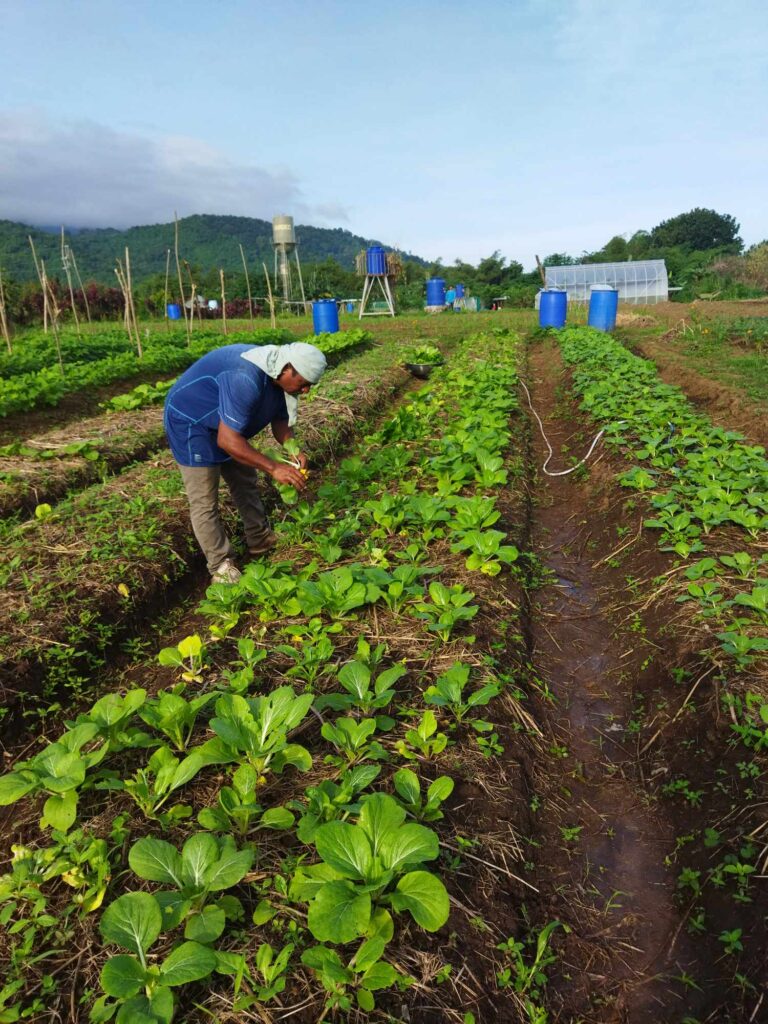
Principles of Organic Agriculture
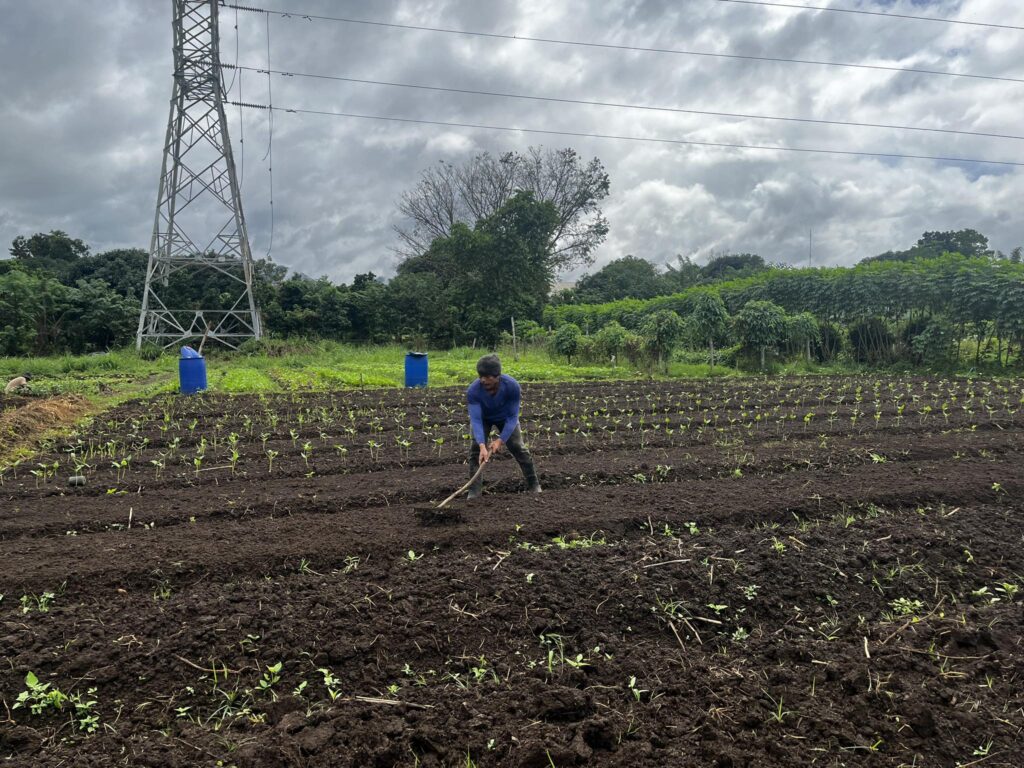
Health
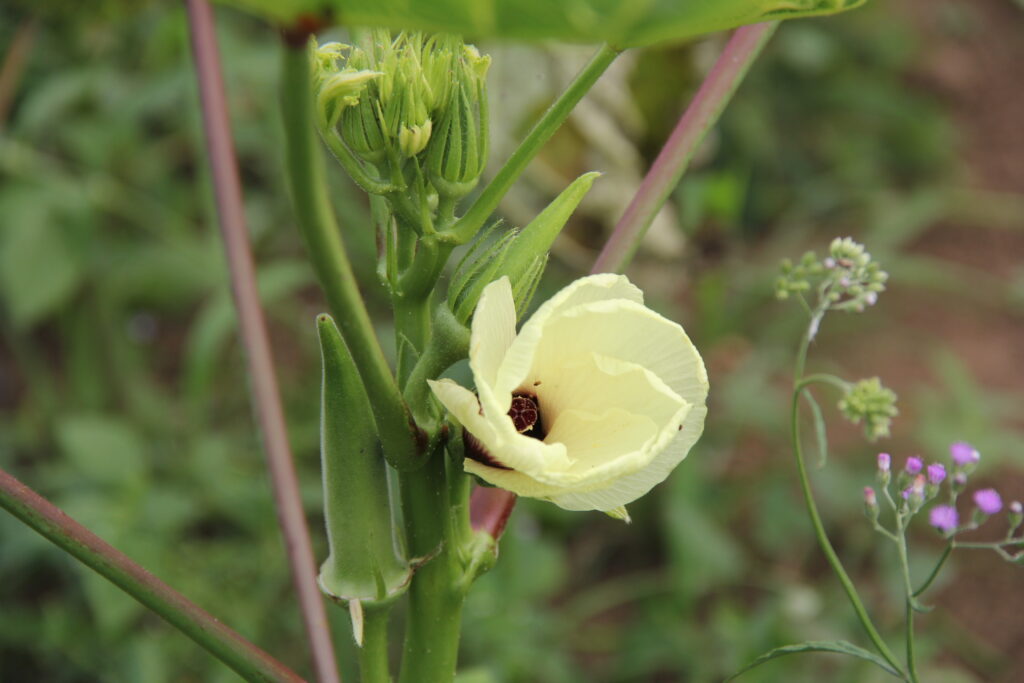
Ecology
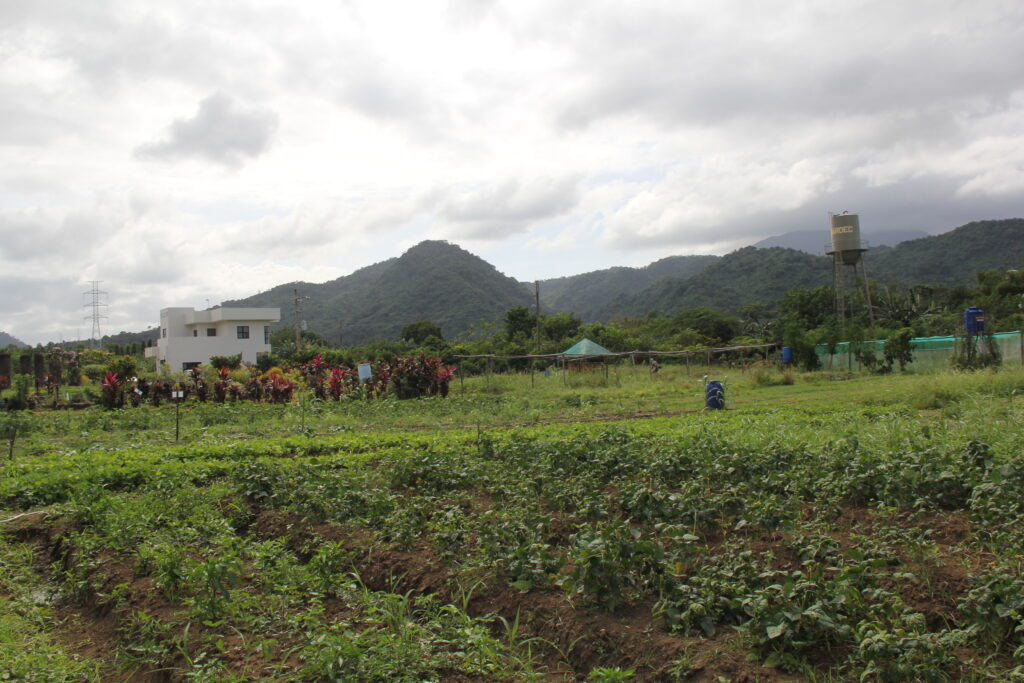
Fairness

Care
component programs
Our center is involved in various component programs that promote and upscale Organic Agriculture – research, extension, policy, development, academic, support, international linkage, and knowledge sharing about organic agriculture
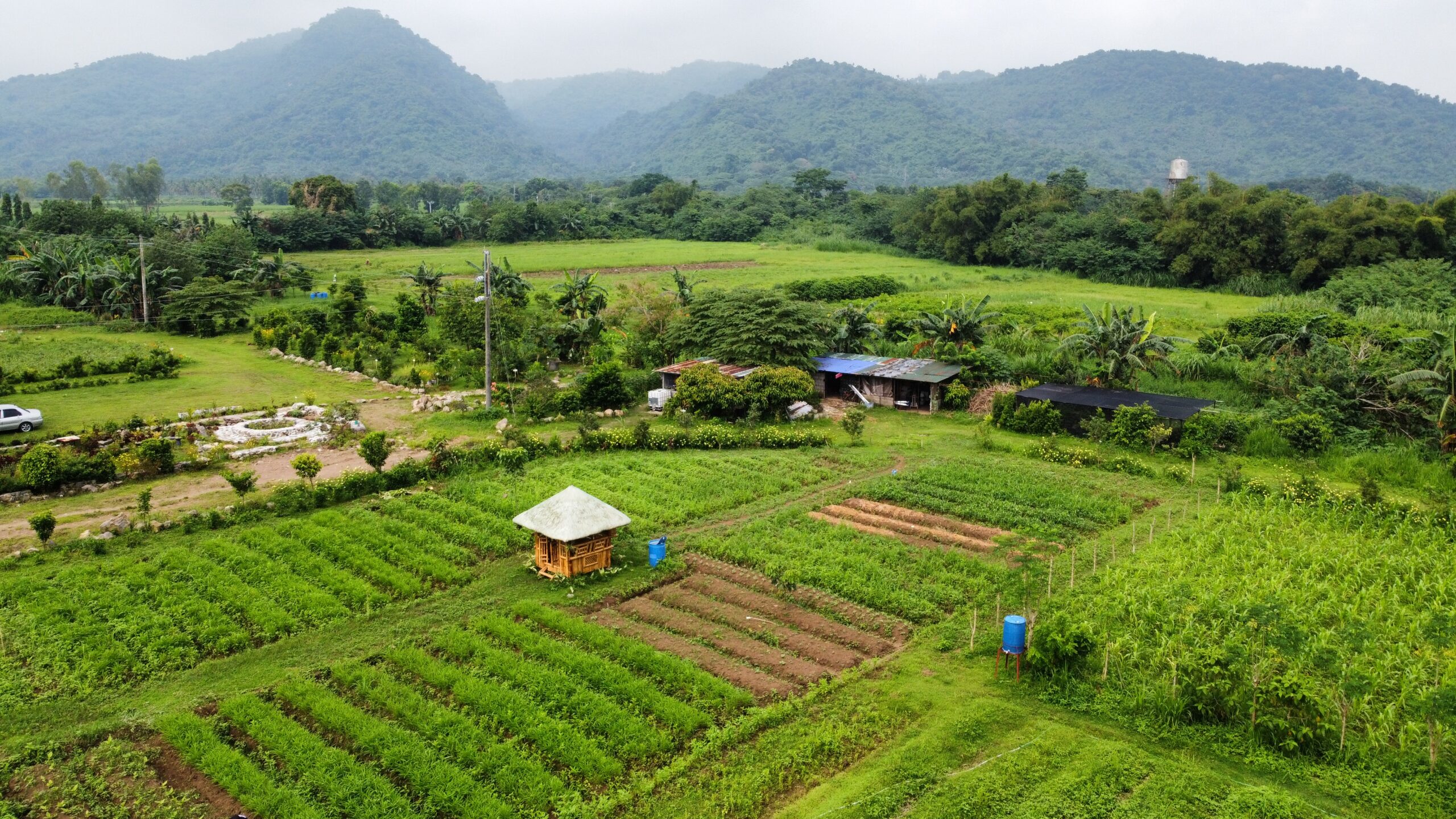
Strategic Research and Development Program
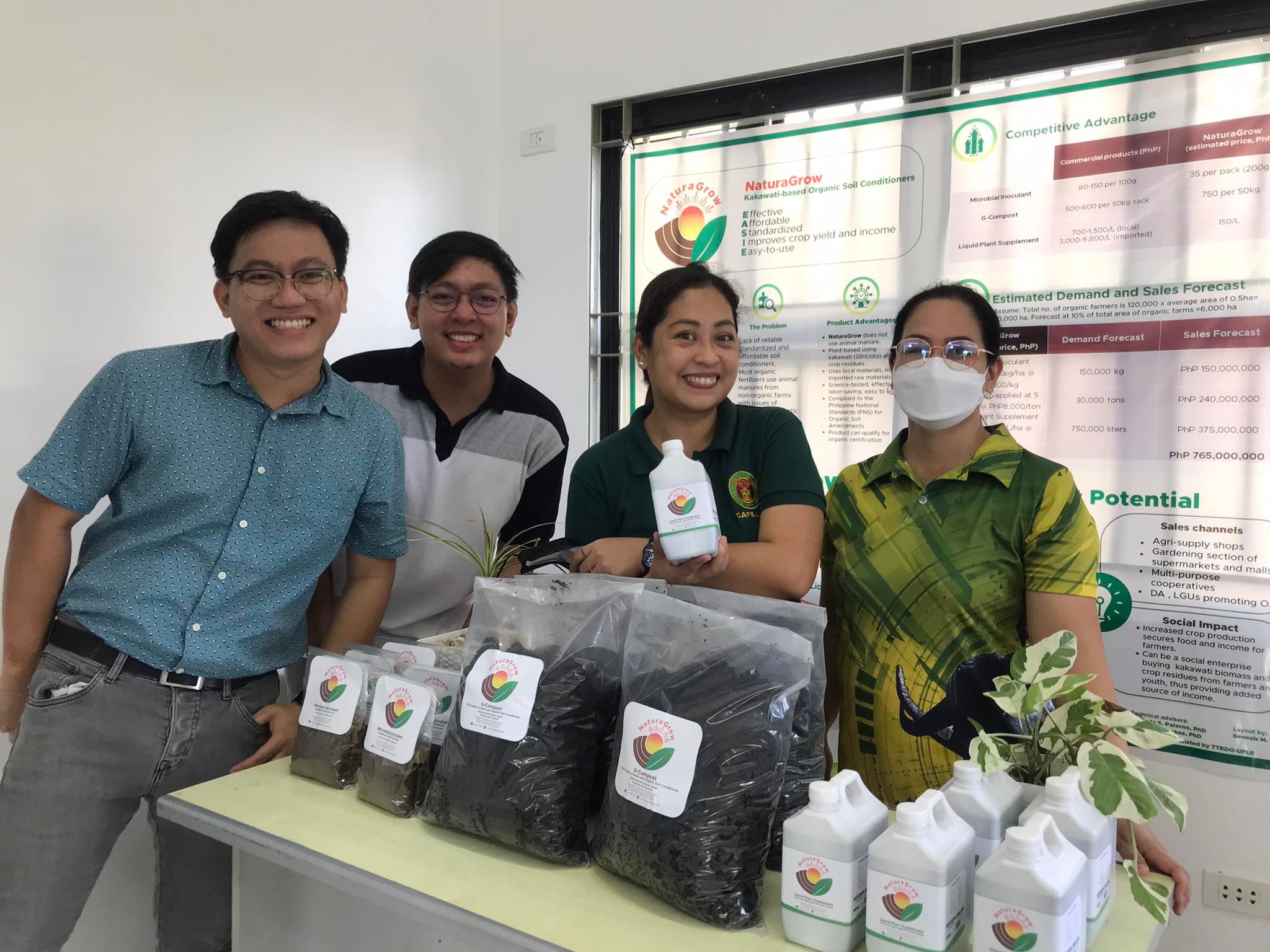
Innovation and Entrepreneurship
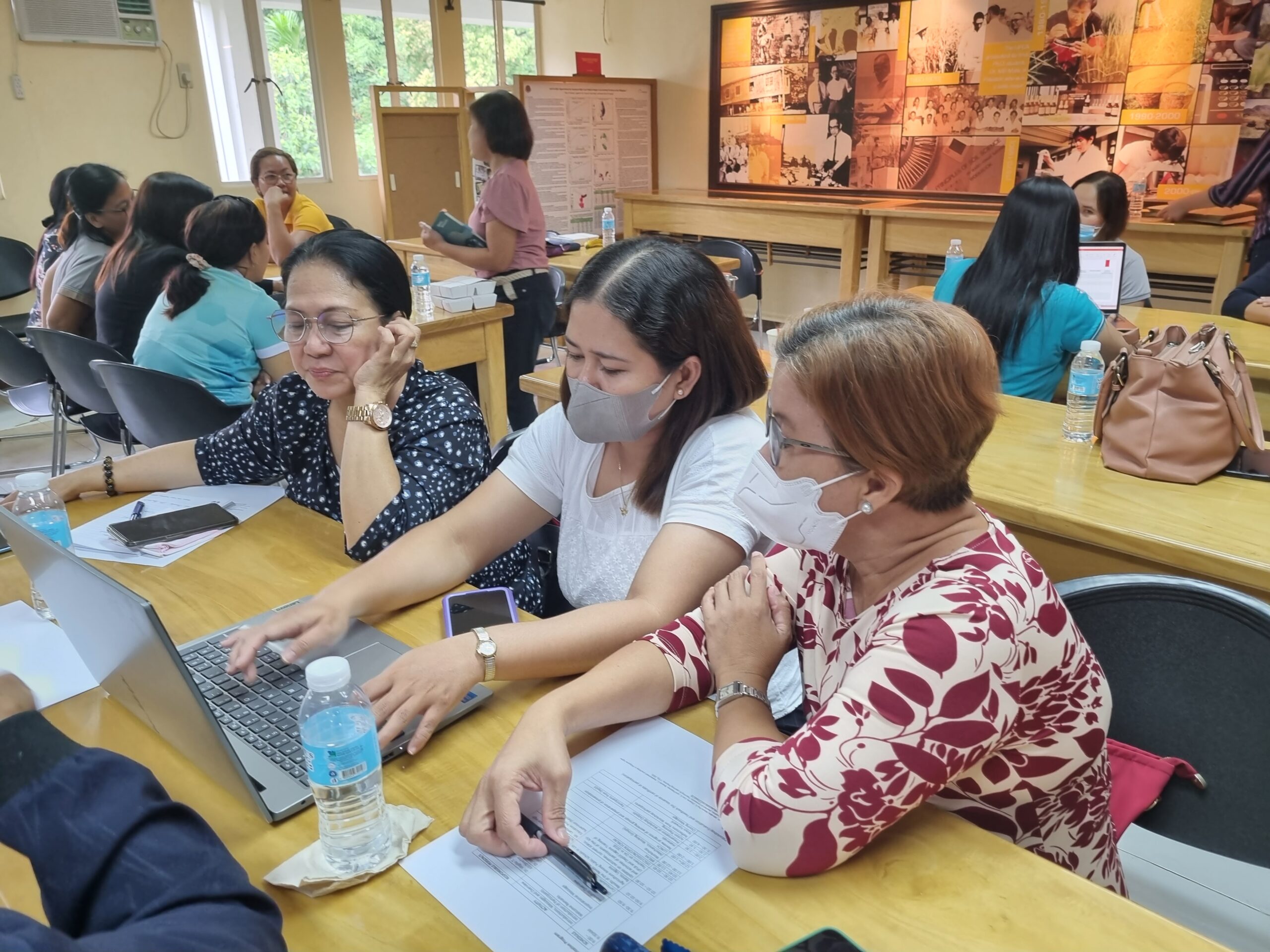
Governance, Public Service and Networking

